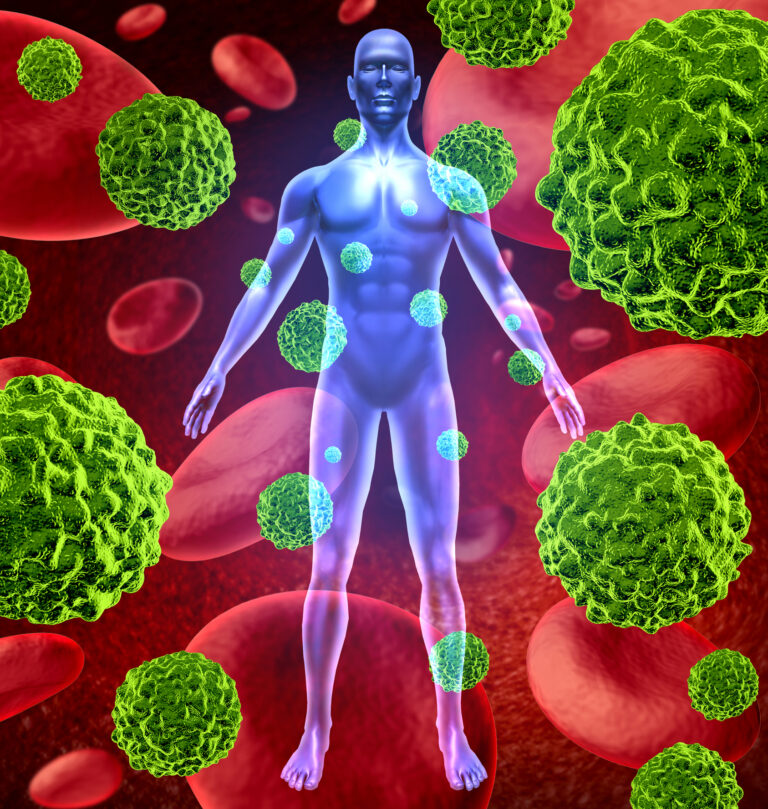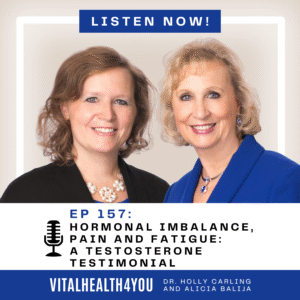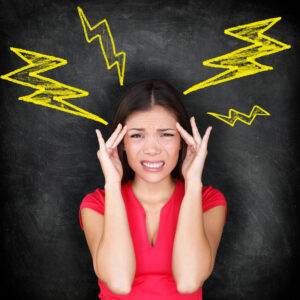Patients undergoing traditional cancer therapies suffer immense side effects. They range from pain to nausea, vomiting, diarrhea, hot flashes, insomnia, depression, anxiety, and other mental issues, lack of motivation, dry mouth, peripheral neuropathy, and just a sense of not feeling well. While there are many other side effects, the above-mentioned ones are symptoms that have been studied and researched, and found to be helped by acupuncture.
While many universities, such as Yale University, University of Pittsburg, University of Minnesota and Medical College of Wisconsin, Segal Cancer Center of Jewish General Hospital (Canada), Mercy Hospital, University of Maryland School of Medicine, and the National Institutes of Health funded General Clinical Research Center associated with Yale School of Medicine and Yale New Haven Hospital are some of the hospitals currently doing research in the field of acupuncture and cancer treatments, many more in other countries are targeting acupuncture as a viable means of supporting conventional cancer therapies. More specifically, reducing the side-effects caused by radiation and chemo-therapy.
Journals such as Journal of Traditional and Complementary Medicine, Current Oncology, Journal of Clinical Oncology, Physiotherapy, Support Care in Cancer, Current Pain and Headaches Reports, Pancreatology, Cancer, Annals of Internal Medicine, Critical Reviews in Oncology / Hematology, Menopause, Gynecological Endocrinology, Breast Cancer Research and Treatment, all have articles reviewing the benefits of acupuncture in managing cancer symptomatology effectively.
While acupuncture has been used for (literally) thousands of years without understanding the physiological mechanisms, acupuncturists, oncologists and researchers are engaged in the intriguing ways acupuncture is helpful. Some of what we understand to date includes the activation of the neural, endocrine and immunological systems. Acupuncture increases serotonin output from the region of the upper brain stem and hypothalamus, which causes the release of opiates from the brain (b-endorphins, dynorphins, enkephalins, and endmorphins), all responsible for alleviating pain, calming the mind and improving wellbeing. It also supports immune function by stimulating leukocytes (granulocytes and lymphocytes) by stimulating the hypothalamus-pituitary-adrenal axis. It also helps T-lymphocyte and Natural Killer cells function better.
Acupuncture modulates the side effects of certain medications, such as aromatase inhibitors, venlafaxine, tamoxifen and other anti-estrogen drugs. A 50%-60% reduction of hot flashes was common in the various studies.
Other studies have shown that acupuncture has been helpful in controlling cancer by reducing tumor-associated inflammation. It also appears that acupuncture has a regulatory effect on angiogenesis – the development of new blood vessels within tumors. This is especially true during the early course of tumor development. Another study showed acupuncture to be beneficial in slowing cancer cell division. While acupuncture became recognized as an important treatment application, following the National Institutes of Health study in 1997 showing acupuncture to be beneficial for treating nausea after chemotherapy, it has been widely used for cancer support before then. During the 1990’s, before moving to Idaho, 3 cancer clinics in Orange County, California refused to see cancer patients unless they simultaneously had acupuncture treatments. According to them, acupuncture treatments substantially improved patient outcomes with all types of cancer.
©2014 Holly A. Carling, O.M.D., L.Ac., Ph.D.







